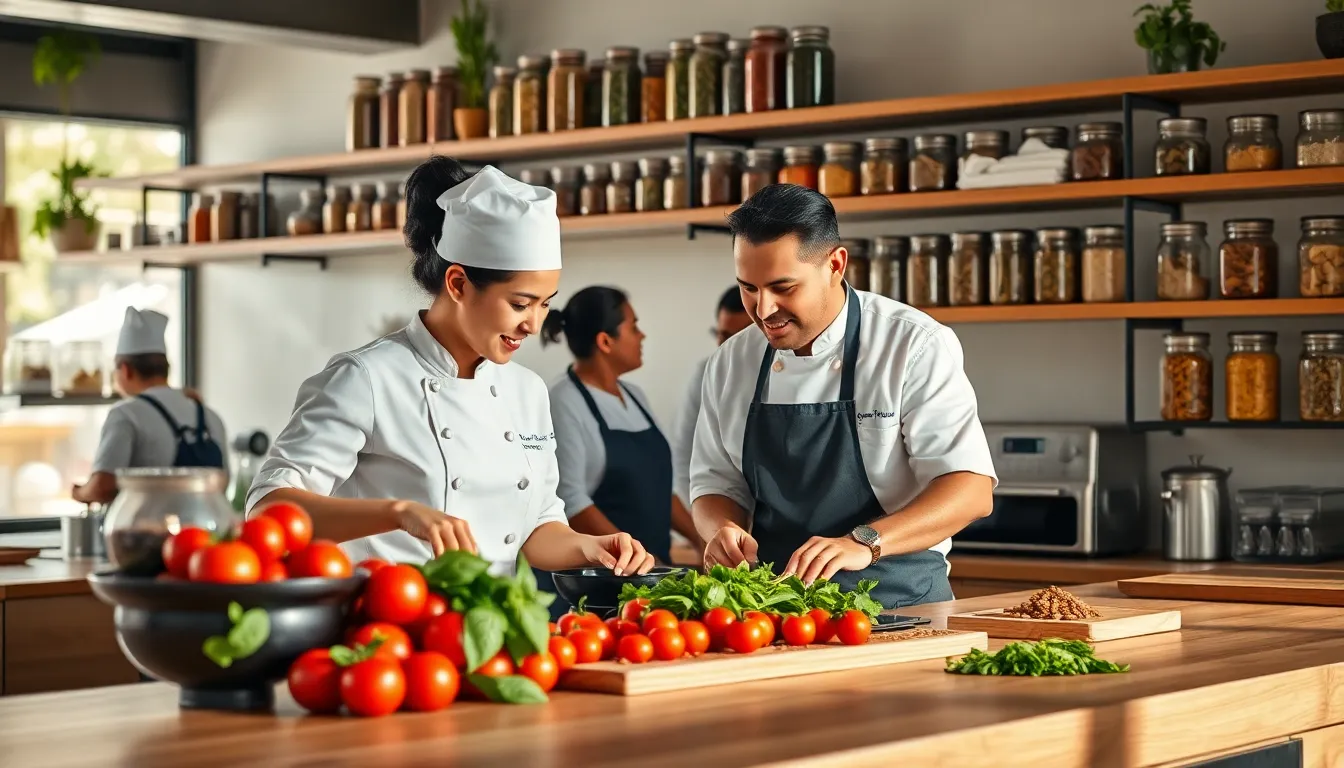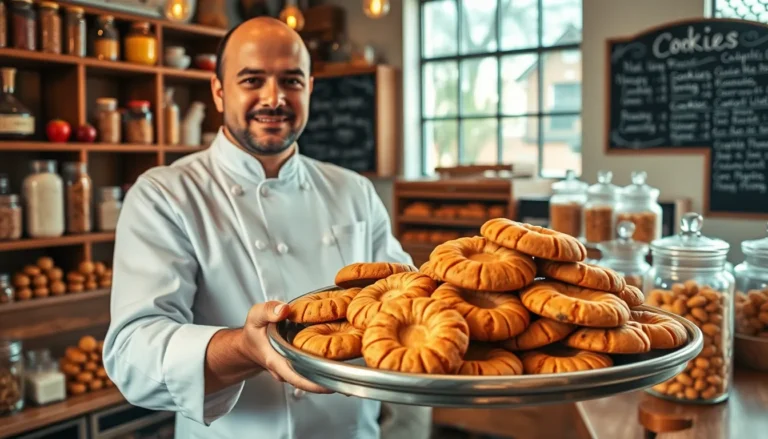Traveling isn’t just about visiting landmarks or lounging on a beach. It’s about embarking on a flavor-packed journey that tantalizes your taste buds. If you’re planning your next adventure, prepare for a culinary experience that ranges from delightful spices to exquisite presentations. After all, you don’t just travel to see the world, you travel to taste it too. In this guide, we’ll take you through global cuisines that not only inspire your wanderlust but also make your stomach growl. Get ready to discover culinary delights that will have you packing your bags faster than you can say ‘foodie‘.
Table of Contents
ToggleExploring Global Cuisines

The Art of Food Culture
Food is not just fuel: it’s a reflection of the history, culture, and identity of a region. Each country has its own unique flavors, cooking techniques, and culinary traditions. Think about the meticulously crafted sushi of Japan, the spicy curries of India, or the comforting pastas of Italy. These dishes tell stories, communicate values, and celebrate community gatherings.
Must-Try Dishes from Around the World
When it comes to must-try dishes, each destination has its top contenders. In Mexico, you can’t leave without sampling authentic tacos al pastor, their vibrancy paralleling the lively spirit of the streets. You should definitely taste paella in Spain, where saffron-infused rice dances with rich seafood flavors. Meanwhile, in Thailand, the perfect balance of sweet, sour, salty, and spicy in a bowl of tom yum soup is a symphony for your palate. Don’t forget about street food: it often best represents local flavors and culture, inviting you to indulge.
Regional Ingredients and Their Significance
Understanding the ingredients used in these regional cuisines is vital. They often reveal much about a location’s geography, climate, and culture. For example, Italy’s use of fresh basil and tomatoes reflects its Mediterranean climate, while the abundance of spices in Indian cuisine highlights its historical trading routes. Seeing how local ingredients shape dishes can deepen your appreciation for a cuisine and its roots.
Top Culinary Destinations to Visit
Authentic Eating Experiences
There’s something special about enjoying a meal prepared just like how locals do. In Paris, dining at a family-run bistro allows you to savor classic dishes like coq au vin in a cozy, authentic atmosphere. Taipei’s night markets put you in the heart of local culinary scenes, with mouthwatering snacks from stinky tofu to bubble tea waiting to be devoured.
Food Markets and Hawker Centers
No food journey is complete without a visit to food markets. Borough Market in London is a paradise for food lovers, offering everything from artisanal cheeses to gourmet street food. In Singapore, the famous hawker centers showcase the country’s diverse food culture, allowing you to sample a variety of dishes for very little money. You could spend an entire day eating your way through these bustling hubs of culinary art.
Hidden Gems: Local Restaurants You Can’t Miss
While trendy eateries are often featured in guides, keep an eye out for local spots. These hidden gems often serve the most authentic versions of traditional dishes, made with love and years of experience. In Lisbon, a tiny tavern hidden in an alley serves the best bacalhau à brás you could ever have. Don’t overlook that little place the locals rave about: often, those have the richest culinary stories.
Travel Tips for Food Lovers
Planning Your Culinary Journey
Begin your planning by researching the culinary scene of your destination. Create a list of regional specialties and local restaurants to try. Leverage food blogs, local recommendations, and travel guides to find gems that may not appear on mainstream sites. Understanding the dining customs of your chosen destination can also enhance your experience. For example, when in Italy, remember to eat your pasta after the main course.
Practical Advice for Sampling Local Cuisine
Be adventurous. Some of the best flavors come from stepping outside your comfort zone. Don’t hesitate to try street food, but also pay attention to hygiene, look for busy stalls where locals dine. If a dish seems foreign to you, ask about it: the story behind a meal can make it taste even better. And, when in doubt, remember: a food experience isn’t just about taste: it’s also about the people you meet and the stories you hear.
Understanding Dietary Restrictions Abroad
Traveling with dietary restrictions? Be proactive. Research local dishes, and don’t shy away from expressing your dietary preferences. Language barriers can complicate things, so learning basic food vocabulary, like “vegan,” “gluten-free,” or “nut allergy”, can be incredibly helpful. It’s all about ensuring you enjoy your culinary adventure without compromising your health.






